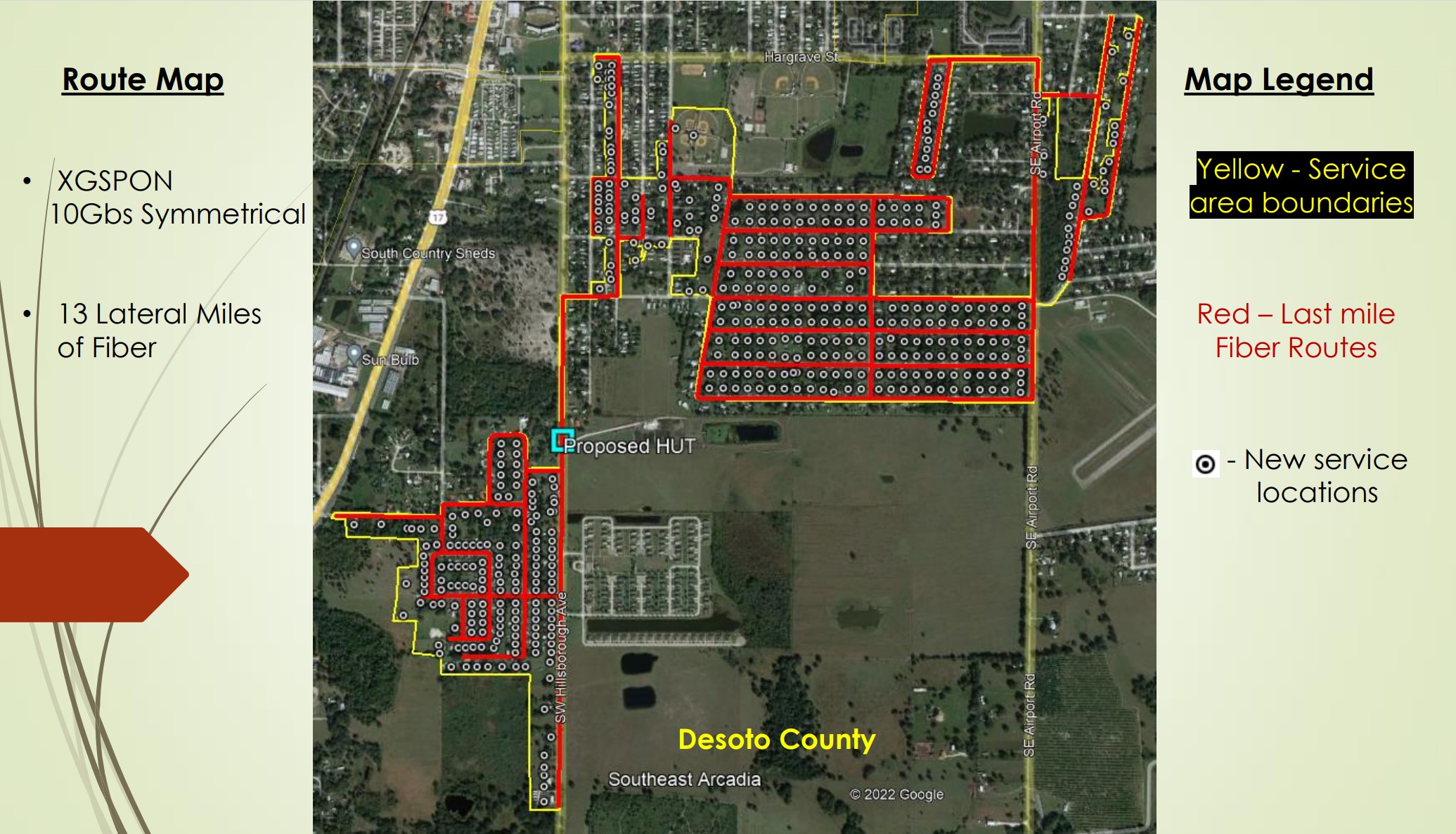Electric Vehicle Mandates Face Renewed Pushback From Dealers

Table of Contents
Financial Hurdles Faced by Dealerships
The financial implications of complying with increasingly stringent electric vehicle mandates are substantial, placing a considerable burden on dealerships. These hurdles threaten not only individual dealerships but also the overall success of the EV transition.
High Upfront Investment Costs
Transitioning to a predominantly EV sales model requires significant upfront investment from dealerships. Upgrading infrastructure to accommodate electric vehicles is costly and complex.
- Charger Installation: Installing Level 2 and DC fast chargers requires substantial capital expenditure, depending on the number of chargers needed and the complexity of the electrical infrastructure upgrades. Costs can range from several thousand to tens of thousands of dollars per charger.
- Technician Training Programs: EV repair and maintenance require specialized knowledge and tools. Training technicians on EV-specific technologies, such as battery systems, high-voltage components, and specialized diagnostic equipment, represents a considerable expense.
- Inventory Management for EV Parts: Stocking parts for EVs can be more expensive than for gasoline-powered vehicles due to the higher cost of EV components and the need for specialized storage to maintain battery health. Inventory management systems also require upgrades to handle the complexities of EV parts.
Industry estimates suggest that the average dealership could face hundreds of thousands of dollars in upfront costs to adequately prepare for increased EV sales. This substantial investment presents a significant barrier to entry for many dealerships, especially smaller, independent ones.
Inventory Management Challenges
Balancing EV and gasoline vehicle inventory presents another major challenge. Fluctuating demand for EVs, coupled with potential production constraints from manufacturers, creates significant inventory management headaches.
- Storage Space for EVs: EVs often require more storage space than gasoline-powered vehicles due to their larger size and potentially specialized charging requirements. Dealerships may need to expand their facilities or reconfigure their existing space to accommodate the increased inventory.
- Longer Lead Times for EV Parts: Obtaining parts for EV repairs can often take significantly longer than for traditional vehicles. This can lead to increased downtime for customer vehicles and potentially impact customer satisfaction.
- Risk of Unsold EVs Tying Up Capital: The high cost of EVs means that unsold inventory represents a significant financial risk. Dealerships must carefully manage their EV inventory to avoid tying up excessive capital in unsold vehicles.
Reduced Profit Margins on EVs
Dealerships also express concern about potentially lower profit margins on EV sales compared to traditional vehicles. Several factors contribute to this concern.
- Government Subsidies Impacting MSRP: Government incentives and subsidies designed to encourage EV adoption can sometimes reduce the manufacturer's suggested retail price (MSRP), potentially squeezing dealer profit margins.
- Increased Competition: The EV market is becoming increasingly competitive, potentially leading to price wars and further reducing profit margins.
- Higher Repair Costs: While EV maintenance may be simpler in some respects, the cost of replacing high-voltage components or battery packs can be substantially higher than repairing comparable parts in traditional vehicles.
Concerns Regarding Consumer Readiness and Infrastructure
Beyond the financial hurdles for dealerships, widespread adoption of EVs hinges on consumer acceptance and adequate infrastructure.
Range Anxiety and Charging Infrastructure Gaps
Range anxiety – the fear of running out of battery charge before reaching a charging station – remains a significant barrier for many potential EV buyers. The lack of widespread, reliable, and conveniently located charging infrastructure exacerbates this concern.
- Statistics on Charging Station Availability: While the number of public charging stations is growing, it still lags behind the infrastructure needed to support widespread EV adoption, particularly in rural areas.
- Range Anxiety Surveys: Numerous surveys consistently show that range anxiety is a major concern for prospective EV buyers.
- Public Perception of EV Charging Convenience: Many consumers perceive the process of charging an EV as less convenient than filling a gasoline tank, further hindering adoption.
These issues directly impact EV sales and, consequently, the success of dealerships in transitioning to an EV-centric model.
Lack of Consumer Education and Awareness
Many consumers lack a complete understanding of EVs, their benefits, charging processes, and maintenance requirements. This lack of awareness contributes to hesitancy in adopting electric vehicles.
- Suggestions for Consumer Education Initiatives: Government-led public awareness campaigns, educational programs offered by dealerships, and online resources can play a vital role in improving consumer understanding.
- Dealer Workshops: Dealerships themselves can host workshops and demonstrations to educate potential customers about EVs and address their concerns.
The Electricity Grid's Capacity
The increased demand for electricity from a large-scale adoption of EVs places significant stress on existing electricity grid infrastructure.
- Potential Solutions: Upgrading grid infrastructure, implementing smart grid technologies, and exploring alternative energy sources are crucial to meeting the increased electricity demand.
- Regional Variations in Grid Capacity: The capacity of the electricity grid varies significantly across different regions, creating challenges for the widespread adoption of EVs.
- Impact on Viability: Concerns about grid capacity directly influence the viability of widespread EV adoption and add to dealer apprehension about the future of EV sales.
Dealership Preparedness and Training Requirements
Successfully transitioning to an EV-focused market requires significant adjustments in dealership operations and employee training.
Specialized Training Needs for EV Mechanics
Repairing and maintaining electric vehicles requires specialized knowledge and skills. A shortage of trained EV mechanics could severely hamper the widespread adoption of EVs.
- Cost of Training Programs: Training programs for EV mechanics can be expensive and time-consuming.
- Time Commitment: Technicians require significant training to become proficient in EV repair and maintenance.
- Sourcing Qualified Instructors: Finding qualified instructors with expertise in EV technology can be challenging.
Adapting Sales Processes for EV Customers
Selling and supporting electric vehicles requires different sales strategies and customer service approaches compared to traditional vehicles.
- Different Sales Techniques Needed: Sales staff need training to effectively address customer concerns about range anxiety, charging infrastructure, and other EV-specific issues.
- Educating Customers on EV Specifics: Sales staff must be knowledgeable about charging options, maintenance schedules, and other aspects of EV ownership.
Conclusion
This renewed pushback against electric vehicle mandates from automotive dealers underscores the complex challenges involved in transitioning to a fully electric transportation system. Addressing concerns related to financial burdens, consumer readiness, and dealership preparedness is crucial for successful implementation of electric vehicle mandates. Open dialogue between policymakers, manufacturers, and dealers is vital to navigate these hurdles and ensure a smooth and equitable transition. Ignoring the legitimate concerns of dealers could hinder the progress towards widespread adoption of electric vehicles. Effective solutions must consider both the long-term benefits of electric vehicle adoption and the short-term challenges faced by the automotive industry. Continued discussion and collaboration around electric vehicle mandates are essential for a sustainable future for all stakeholders. A proactive approach, considering the concerns of all stakeholders, is necessary for the successful implementation of effective electric vehicle mandates.

Featured Posts
-
 Aspirantes A Diputados Del Movimiento Rescate Y Transformacion En Cortes Conoce A Los Candidatos
May 19, 2025
Aspirantes A Diputados Del Movimiento Rescate Y Transformacion En Cortes Conoce A Los Candidatos
May 19, 2025 -
 Portugal Heads To The Polls Again Analyzing The Third Snap Election
May 19, 2025
Portugal Heads To The Polls Again Analyzing The Third Snap Election
May 19, 2025 -
 Ile De Re At The Center Exploring The French Rights Migration Strategy
May 19, 2025
Ile De Re At The Center Exploring The French Rights Migration Strategy
May 19, 2025 -
 Is The Celebrity Tequila Boom Over A Look At The Industrys Future
May 19, 2025
Is The Celebrity Tequila Boom Over A Look At The Industrys Future
May 19, 2025 -
 Ubers Future Is It A Good Long Term Investment
May 19, 2025
Ubers Future Is It A Good Long Term Investment
May 19, 2025
Latest Posts
-
 De Soto Countys Statewide Broadband Leadership 100 Coverage Achieved
May 19, 2025
De Soto Countys Statewide Broadband Leadership 100 Coverage Achieved
May 19, 2025 -
 Hillsborough County Honors De Soto Elementary Principal With Principal Of The Year Award
May 19, 2025
Hillsborough County Honors De Soto Elementary Principal With Principal Of The Year Award
May 19, 2025 -
 Hillsborough Principal Of The Year Celebrating De Soto Elementarys Leader
May 19, 2025
Hillsborough Principal Of The Year Celebrating De Soto Elementarys Leader
May 19, 2025 -
 Cannes Film Festival 2025 Will Robert Pattinson And Kristen Stewart Attend
May 19, 2025
Cannes Film Festival 2025 Will Robert Pattinson And Kristen Stewart Attend
May 19, 2025 -
 Robert Pattinson And Kristen Stewart Cannes 2025 Reunion Speculation
May 19, 2025
Robert Pattinson And Kristen Stewart Cannes 2025 Reunion Speculation
May 19, 2025
